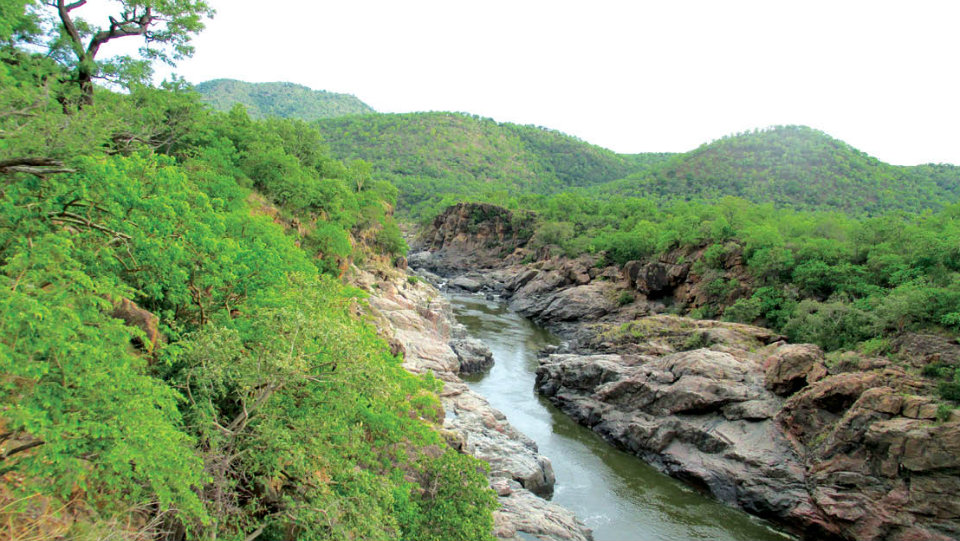Union Water Resources Minister Nitin Gadkari asked CWC to clear project, says Kumaraswamy
Bengaluru: Union Minister for Water Resources Nitin Gadkari has ‘reacted positively’ and has directed the Secretary, Central Water Commission (CWC), to clear the proposed Rs.5,912-crore Mekedatu project, Chief Minister H.D. Kumaraswamy said.
Speaking to reporters in New Delhi after meeting Gadkari last evening, Kumaraswamy expressed confidence about the CWC clearing the project soon. The CM briefed the Union Minister on the urgent need to clear the project.
“Mekedatu project has been in hibernation even 40 years after it was envisaged. There is an urgent need to make use of the water, which is flowing into the sea unused,” Kumaraswamy said.
Gadkari’s response to the State’s request to build a reservoir along the Karnataka-Tamil Nadu border has come as a huge relief to Karnataka. The proposed reservoir can store 66 tmcft of water. Karnataka has been pressing for the reservoir, particularly after a good monsoon this year. As against the annual quota of 177.5 TMC Cauvery water for Tamil Nadu, Karnataka has so far released 346 tmcft of which close to 209 TMC has been let into the Bay of Bengal.
The previous Congress Government had cleared the project in February 2017 at an estimated cost of Rs.5,912 crore. This year, the Congress-JD(S) coalition Government, in its Budget, had mentioned to expedite the process to get the pre-feasibility done for the project.
Karnataka is keen to build what it’s called a ‘balancing reservoir’ to store excess water and release the same to Tamil Nadu during distress period.
The State had also proposed to build Hydel Power Station with a capacity of generating 400 MW besides using water for drinking purposes in Bengaluru and the neighbouring Ramanagaram district.
Tamil Nadu, however, has been opposing the proposal, expressing apprehension that the construction of the reservoir will curtail its quota of water. If the project becomes a reality, Bengaluru will be the biggest beneficiary as it will help meet the Capital City’s growing demand for drinking water.
Power generation will also ensure smooth electricity supply to both domestic and industrial purposes.








Recent Comments